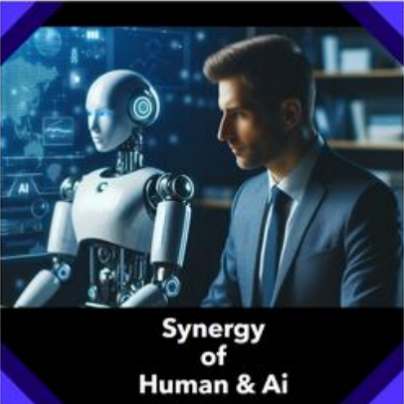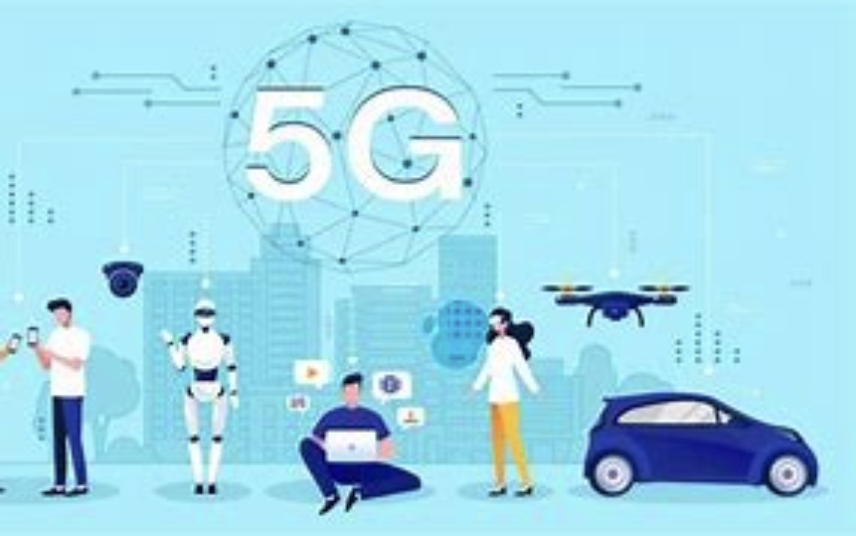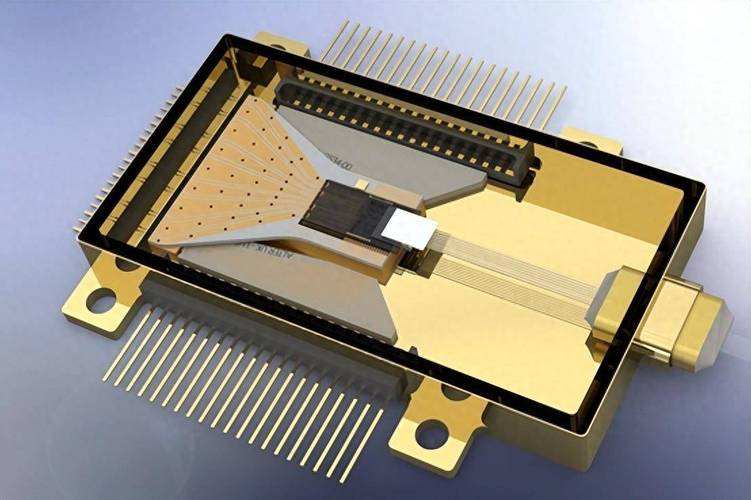As luxury healthcare changes, medical report interpreters that use AI are now vital for people trying to understand complicated health information. These advanced systems offer clear insights into lab and imaging results. However, for wealthy individuals who value top-notch health, it’s important to carefully evaluate their reliability beyond just advertising.
Technical Architecture
Top-tier AI interpreters shine by blending various forms of data, integrating recent lab results with historical health information, genetic details, and lifestyle metrics collected from smart devices. In contrast to simple apps that only compare figures to standard ranges, advanced systems utilize deep learning models that have been trained on millions of anonymized cases, including uncommon conditions that general practitioners may overlook. These neural networks are adept at recognizing intricate patterns, such as enzyme surges alongside genetic indicators, which human evaluations might miss, offering insights that go beyond isolated numbers.

The leading platforms make use of explainable AI (XAI), presenting decision paths along with confidence scores for each interpretation. This level of transparency sets them apart from "black box" systems, enabling users to grasp the reasoning behind the insights, a crucial aspect for consumers who are well-informed about their health.
Capabilities and Boundaries
These tools excel in analyzing numerical data by monitoring biomarkers such as lipid levels or tumor indicators over time. They also consider seasonal changes and how medications might interact. For long-term health issues, they provide customized reports that emphasize concerning trends, frequently identifying potential warning signs ahead of noticeable symptoms.
Nonetheless, they face challenges when it comes to qualitative evaluation. AI finds it difficult to interpret subtle results, such as "borderline suspicious" imaging tests, which need expert judgment and support from physical examinations. High-end systems wisely indicate unclear areas for human evaluation instead of giving clear outcomes, a feature missing in lower-cost options.
Privacy and Security
Wealthy users see data safety as essential for their health. Premium services apply the highest level of encryption for transferring and saving data. They also use techniques to keep personal health information private and prevent any secondary use. In contrast to regular apps, these services follow rigorous rules such as HIPAA, GDPR, and ISO 27799, and they have yearly checks by outside organizations. Some even provide unchangeable records through blockchain technology, allowing users to monitor who accesses their data—something very important for those who prioritize privacy.
Practical Applications
These AI helpers excel as supportive partners before consultations, simplifying intricate reports into prioritized insights ahead of specialist visits. They convert complex medical terms into simpler language without losing accuracy, making it easier to comprehend. For overseas clients, the advanced versions offer instant translation of medical terminology in over 40 languages, guaranteeing consistent understanding no matter where healthcare providers are located.Their greatest value might lie in preventive analysis, spotting subtle trends connected to individual risk factors—such as changes in cardiovascular markers for people with a family history of heart issues. By assessing future risks with precision similar to actuaries, they promote proactive actions that work alongside concierge healthcare services.

The Human-AI Synergy
Smart users see these tools as enhancements rather than substitutes for healthcare providers. Top-tier systems feature smooth referral systems to specialists when troubling trends are noticed, with some even linking directly to worldwide medical networks. They set distinct limits; instead of offering treatment suggestions, they promote better conversations between doctors and patients with well-informed discussions.For those who are thoughtful, high-quality AI medical interpreters are valuable when chosen for their accuracy, clarity, and connection to extensive healthcare systems. When combined with reliable medical professionals, they serve as strong partners in supporting good health—improving rather than replacing the unique human skills important in making healthcare choices.





